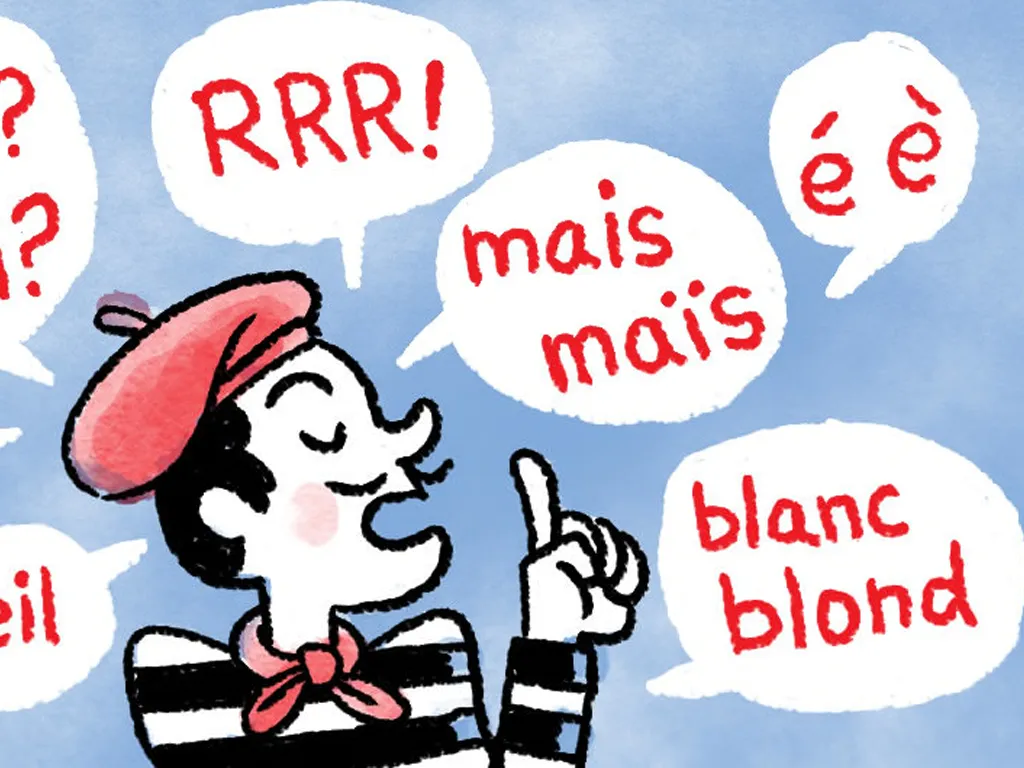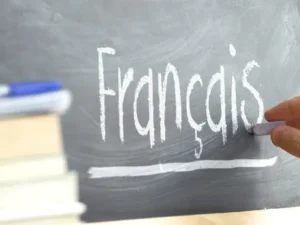
Master French Slang: How to Sound Like a Native Speaker
🇫🇷 Understanding French Slang: The Key to Sounding Natural
Learning a language isn’t just about mastering grammar rules and textbook vocabulary. To truly connect with native speakers, you need to understand how people actually speak in everyday situations. This is where French slang—known as ‘argot’ or ‘langue familière’—becomes essential for any serious French learner.
French slang adds color, emotion, and authenticity to your speech. It bridges the gap between classroom French and real-world conversations, helping you build deeper connections with native speakers.
💡 Why Learn French Slang?
- Sound more natural and less like a textbook
- Understand everyday conversations, films, and songs
- Connect more authentically with native speakers
- Navigate social situations with greater confidence
- Express yourself with more precision and personality
🗣️ Essential French Slang Terms for Everyday Conversations
Let’s explore some of the most common and useful French slang expressions that will immediately make your French sound more natural:
📚 Common Greetings and Expressions
Salut – Hi/Bye (informal)
Ça va ? – How’s it going?
Quoi de neuf ? – What’s new?
Ça roule – Everything’s good (lit: It’s rolling)
À plus / À plus tard – See you later (often written as “A+”)
Filler Words That Make You Sound French
These small words might seem insignificant, but they’re the secret ingredients that make your French sound authentic:
✅ Essential Filler Words
Ben – Well… (equivalent to “well” or “um”)
Bah – Similar to “ben,” expresses obviousness
Euh – Um/Uh
Quoi – Added at the end of sentences for emphasis
En fait – Actually/In fact
Genre – Like (as in “I was like…”)
Alors – So/Well then
Popular Slang Verbs and Expressions
Replace standard verbs with these slang alternatives to instantly sound more casual and native-like:
🗣️ Everyday Slang Verbs
Kiffer – To like/enjoy something (J’ai kiffé ce film – I really liked that movie)
Bosser – To work (Je dois bosser ce weekend – I have to work this weekend)
Bouffer – To eat (On va bouffer où ? – Where are we going to eat?)
Piquer – To steal (Il m’a piqué mon stylo – He took my pen)
Craquer – To give in/break down (J’ai craqué pour ce gâteau – I couldn’t resist this cake)
Must-Know Informal Vocabulary
These everyday words will help you navigate casual conversations with confidence:
📚 Essential Casual Vocabulary
Un pote/une copine – A friend
Un mec/un type – A guy
Une meuf – A woman/girl (verlan for “femme”)
Sympa – Nice (C’est sympa ici – It’s nice here)
Chelou – Weird/Sketchy (verlan for “louche”)
Relou – Annoying (verlan for “lourd”)
Un truc – A thing/stuff
Un bouquin – A book
Le fric/la thune – Money
Balancer – To throw away/to snitch
🇫🇷 Understanding “Verlan” – French Back-to-Front Slang
One fascinating aspect of French slang is “verlan” – a form of wordplay where syllables are reversed. The word “verlan” itself is a perfect example, as it comes from reversing “l’envers” (backward).
🗣️ Common Verlan Examples
Meuf → femme (woman)
Ouf → fou (crazy)
Chelou → louche (sketchy)
Zarbi → bizarre (strange)
Béton → tomber (to fall)
Ripou → pourri (rotten/corrupt)
When and How to Use French Slang
While slang makes your French more authentic, it’s important to know when and how to use it appropriately:
💡 Guidelines for Using French Slang
- Know your audience: Use slang with friends and in casual settings, not in formal situations or with authority figures
- Start slowly: Incorporate a few expressions at a time rather than overloading your speech
- Listen actively: Pay attention to how native speakers use slang in context
- Check regional variations: Some slang is specific to certain regions of France or Francophone countries
- Practice with natives: The best way to master slang is through regular conversation with French speakers
📚 Resources for Learning French Slang
To continue building your slang vocabulary, explore these valuable resources:
- French YouTube channels and podcasts by young native speakers
- French TV series and films (with subtitles)
- Music by contemporary French artists
- Social media accounts of French influencers
- Language exchange apps to practice with native speakers
- Slang dictionaries and specialized websites
✅ Final Thoughts: Balance is Key
While mastering French slang will dramatically improve your ability to communicate naturally, remember that balance is essential. A strong foundation in standard French remains crucial, and knowing when to switch between formal and informal language is part of true fluency.
By incorporating these slang expressions into your everyday French, you’ll not only understand native speakers better but also express yourself more authentically and build stronger connections in the French-speaking world.
🚀 Ready to Sound Like a Native Speaker?
Take your French to the next level with our advanced French lessons covering practical communication and cultural nuances. including the slang expressions that will make your French sound truly authentic. Book a trial lesson today to practice your conversational skills with a real French speaker! Contact us to get started.
Anthony Regent
✍️ Anthony: Expert French Educator & Blog Author Anthony is a highly experienced French educator and prolific article writer, dedicated to making French accessible and engaging for everyone. With over 10 years of experience in the field, he brings deep educational insight to his content. His extensive background includes working as a course coordinator and innovator in curriculum design, where he expertly developed French syllabi and created effective lesson materials. This expertise informs every blog post he writes. As a valued blog author, Anthony specializes in writing insightful, authoritative articles about: - French Learning Tips and effective study strategies. - In-depth breakdowns of French Exams (DELF, DALF, TCF preparation). - Fascinating insights into French Culture and Francophone life. Follow Anthony's blog for expert guidance, practical tips, and a deeper understanding of the French language and culture. Learn, master, and read with a decade of expertise!
Related Posts

How to Answer IGCSE French Oral Exam Questions
Interactive French > Resources > IGCSE Oral Tips How to Answer an IGCSE French Oral…
Read More
5 Proven Tips to Learn French for Beginners (From Native Tutors)
Step-by-Step Learning Practice Strategies Visual Learning Direct Approach Cultural Immersion Feeling intimidated by the complexity…
Read More
Why is French Gendered? Origins and Explanations
Origins of French GenderPurpose of Grammatical GenderGender in PracticeThe Gender Debate 🇫🇷 The Origins of…
Read More